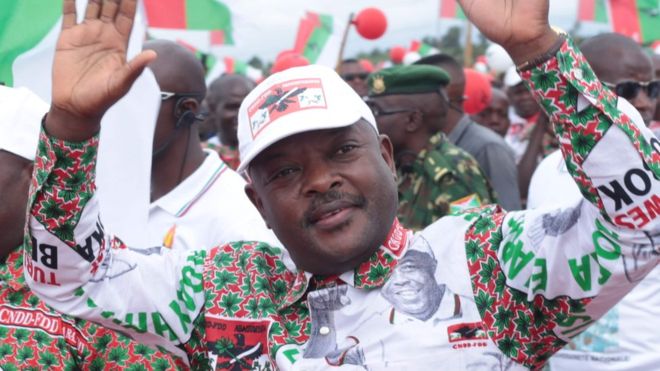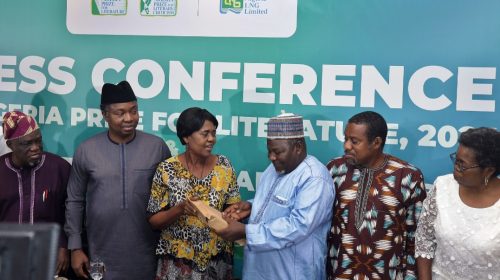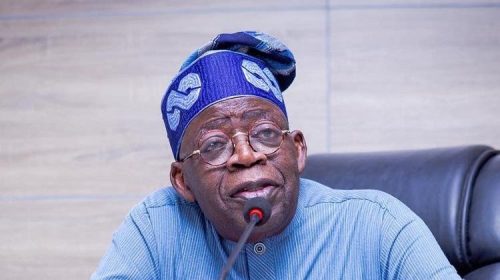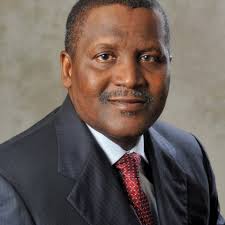Burundi President Pierre Nkurunziza dies of ‘cardiac arrest’ at 55

Burundi’s President Pierre Nkurunziza, aged 55, has died after suffering a cardiac arrest, the government says.
He was admitted to hospital on Saturday after feeling unwell, his condition improved but on Monday he had a cardiac arrest and efforts to revive him were unsuccessful, officials say.
After 15 years in power, Mr Nkurunziza was due to step down in August.
In 2015, the announcement that he would run for a third term plunged the country into chaos.
Reaction to his death: BBC Africa Live
It sparked anger as some questioned the legality of a third-term bid.
There was a failed coup attempt, hundreds of people died in clashes and tens of thousands fled the country.
After a change in the constitution, he was able to run for a further term in last month’s election but he decided to retire and was to be known as the “supreme guide to patriotism”.
He was also due to receive a $540,000 (£440,000) retirement pay-out and a luxury villa.
What happened to the president?
The official statement announcing the president’s death said he was taken ill the evening after helping out at a volleyball match in Ngozi, northern Burundi, on Saturday.
He went to hospital, but appeared to be recovering on Sunday and was able to communicate with the people surrounding him, the government says.
The situation, however, rapidly changed on Monday.
Record in government
Mr Nkurunziza came to power in 2005 two years after the end of a 10-year civil war which left 300,000 people dead.
The former rebel leader took pride in the fact that his administration brought peace to Burundi.
But his government was criticised for widespread human rights abuses.
These included “extrajudicial executions, disappearances, arbitrary arrests, sexual violence, extortion, beatings, and intimidation”, according to Human Rights Watch.
Political opponents have been targeted and journalists have been imprisoned.
What was his role in the civil war?
Before the civil war, Mr Nkurunziza, who had graduated in sports education, was a teacher and assistant lecturer at the University of Burundi.
He survived the killings of 1993 when ethnic Hutus were targeted at the university and joined the Forces for the Defence of Democracy (FDD) rebel group.
He emerged as its leader and after the 2003 peace deal, Mr Nkurunziza was named minister of interior before parliament elected him president in August 2005.
Outside of politics, he was well known for his love of football. At one time he was the coach of the army football team and as president had his own side – Hallelujah FC.
Since last week, Mr Nkurunziza’s wife, Denise Nkurunziza, has been receiving medical treatment in Kenya.
She was rumoured to have tested positive for coronavirus – a disease Mr Nkurunziza had appeared to downplay, holding an election in the midst of the outbreak, and even expelling World Health Organization representatives from the country.
The government has announced seven days of national mourning.
According to the constitution, if the head of state dies in office then the president of the national assembly, currently Pascal Nyabenda, should succeed him.
The winner of May’s presidential election, Evariste Ndayishimiye, is due to be sworn in as president in August.
BBC News






Leave a Reply